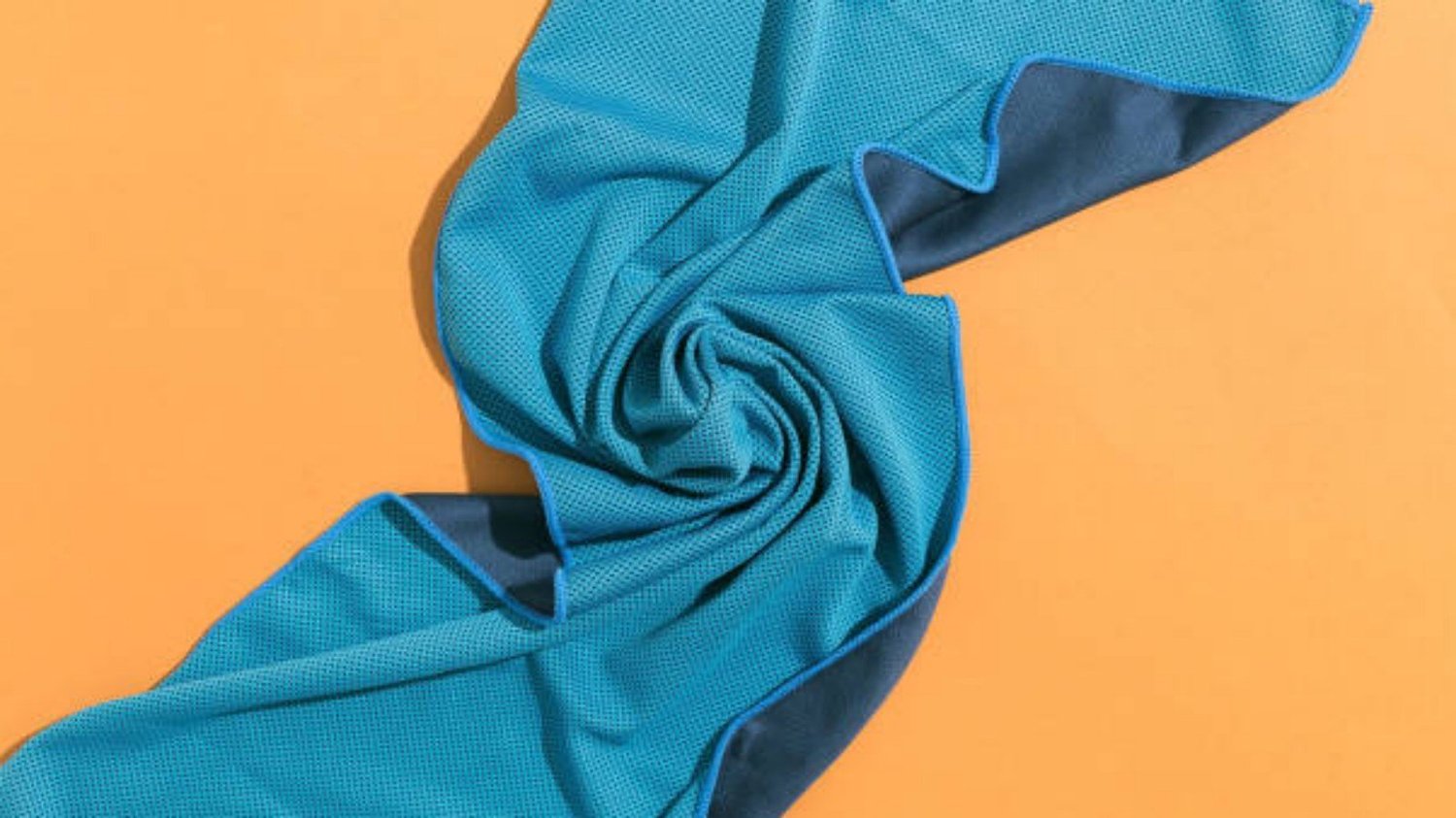Introduction: Understanding polyester material
Polyester material is a synthetic fiber that has become increasingly popular in various industries due to its numerous benefits and versatility. In this article, we will explore the different aspects of polyester material, including its composition, manufacturing process, applications, advantages, and disadvantages.
Composition and Manufacturing Process
Polyester is made from long-chain polymers derived from petrochemicals. It is commonly created through a chemical reaction between ethylene glycol and terephthalic acid. The resulting polymer is then extruded and spun into fibers, which can be further processed into different forms such as yarns, fabrics, and films.
Applications in the Textile Industry
Polyester material has revolutionized the textile industry with its wide range of applications. It is commonly used in the production of clothing, home textiles, upholstery, and industrial fabrics. Polyester fabrics are known for their durability, wrinkle resistance, and colorfastness, making them ideal for everyday wear and high-traffic areas.
Advantages of Polyester Material
1. Durability: Polyester is known for its exceptional strength and resistance to stretching, shrinking, and abrasion. This makes it a preferred choice for products that require long-lasting performance, such as outdoor furniture and automotive upholstery.
2. Easy Care: Polyester fabrics are machine washable and quick-drying, making them convenient for everyday use. They also resist wrinkling, which reduces the need for ironing or professional dry cleaning.
3. Versatility: Polyester can be blended with other fibers, such as cotton or wool, to enhance its properties. This allows manufacturers to create fabrics that offer a combination of comfort, breathability, and moisture-wicking capabilities.
Disadvantages of Polyester Material
1. Heat Sensitivity: Polyester has a relatively low melting point, which means it can be damaged by high temperatures. It is important to follow the care instructions provided by the manufacturer to avoid heat-related issues.
2. Environmental Impact: Polyester is derived from non-renewable resources and is not biodegradable. However, advancements in recycling technologies have made it possible to convert used polyester products into new fibers, reducing waste and environmental impact.
Applications in Other Industries
Polyester material is not limited to the textile industry. It is widely used in various other sectors, including:
1. Packaging: Polyester films are commonly used for food packaging, as they provide excellent barrier properties against moisture, gases, and odors.
2. Electrical and Electronics: Polyester films are used as insulation materials in electrical cables and electronic components due to their excellent dielectric strength and thermal stability.
3. Construction: Polyester-based materials, such as fiberglass reinforced plastics (FRP), are used in construction for their lightweight, corrosion-resistant, and high-strength properties.
Caring for Polyester Material
To ensure the longevity of polyester products, it is important to follow the care instructions provided by the manufacturer. Here are some general tips for caring for polyester:
1. Machine wash polyester fabrics in cold or warm water. Avoid using hot water, as it can cause shrinkage and color fading.
2. Use a mild detergent and avoid bleach or harsh chemicals that can damage the fabric.
3. Tumble dry polyester on low heat or air dry to prevent excessive heat exposure.
4. Iron on low to medium heat, or use a steamer to remove wrinkles.
Conclusion: Embracing the Versatility of Polyester Material
Polyester material has undoubtedly made a significant impact in various industries, offering durability, versatility, and easy care. Whether it's in the textile, packaging, electrical, electronics, or construction sector, polyester continues to play a crucial role in providing innovative solutions. As technology advances, we can expect further improvements in the production and sustainability of polyester materials.

